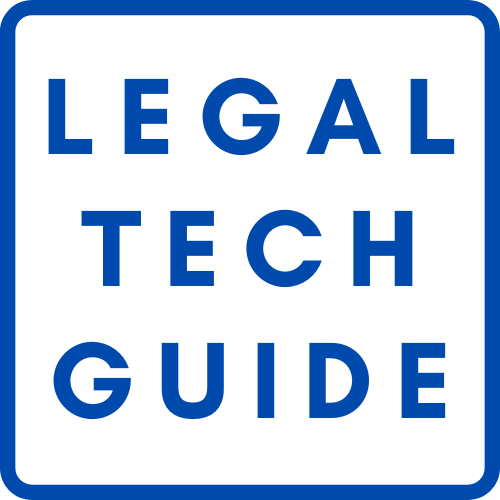Last August, Utah became the first state to build a regulatory legal tech sandbox, giving a space for non-attorneys to deliver nontraditional, legal services with the oversight of the Utah Supreme Court. After a year, the sandbox is fully operational, allowing for a wide scope of legal services. This would not have been possible without the pivotal changes passed the previous fall.
Despite of anxiety around the possibility of non-lawyers offering legal help – with damage to customers cited as perhaps the greatest danger, those fears have proven unwarranted. The Office of Legal Services Innovation distributes a report itemizing the results in the sandbox; the latest report, which presents information through July 2021, shows that sandbox participants are delivering an assortment of safe, legitimate legal services to huge number of clients.
The Office of Legal Services Innovation uses a danger based guideline system while evaluating substances for proposal to the court. 30 entities have been approved by the Utah Supreme Court—of these, 4 are sorted as generally safe, 12 as low–moderate danger, 13 as moderate danger, and 1 as high danger. These appraisals will change as the Office of Legal Services Innovation gets additional information from the sandbox.
Data shows that these legal tech companies are meeting a range of necessities, including wills (19.6%); business-related matters (22.3%); and marriage and family related matters (15.0%). Over 2,500 people have used the legal services of these companies, affirming a need for these tools by the community.
There have been 2 harm related complaints made to the Office of Legal Services Innovation. At the current pace, there will be one grievance for each 1,000 customers served, creating a higher satisfaction rate than traditional legal services.
Utah’s sandbox has created a space where technology companies can compete with law firms in way that is otherwise outlawed in every other state, bringing innovation to an otherwise change averse profession. 1Law, one of the first companies admitted in to the sandbox, delivers free and low cost legal services for customers using chat bots, text, and non-lawyer staff.
Other members of the sandbox include Blue Bee Bankruptcy Law, who applied to give their paralegals a 10% ownership in the business, and LawPal, which helps with uncontested separation and child care cases, and more. According to Stacy Butler, of the Innovation for Justice Program at the University of Arizona James E. Rogers College of Law, almost 22,000 lawsuits are filed in Utah every year against individuals merely for medical debt — indicating a serious need by those unable to afford traditional legal services.
Although it’s been just over a year, it’s undeniable that the sandbox is providing thousands of consumers with much needed legal services, creating new jobs for legal professionals, and equipping courts, policymakers, and other justice system stakeholders with incredibly valuable data. This data can be utilized not only by the Office of Legal Services Innovation to continuously assess and evaluate applicants to the sandbox, but also by other states who are looking to reimagine the way legal services are delivered.
IAALS, as part of their Unlocking Legal Regulation project, is analyzing data gathered from the sandbox in order to understand how the regulatory structure works in practice and whether it is achieving its intended goals. They are evaluating the risk these entities do or don’t pose to consumers, their effects on the market, and how well they can address the access-to-justice crisis. Their hope is that the findings will be used to inform regulatory reform efforts across the country.
Over 9 months, more than 2,500 people have received help with immigration, housing, healthcare, employment, discrimination, and other legal issues. Lawyers are partnering with other professionals to create new types of businesses. Instances of harm are rare, and when they do occur, they are being used by the Office of Legal Services Innovation to improve. Undoubtedly, other states will be looking to Utah as a model for increasing access to legal services in the coming years.
